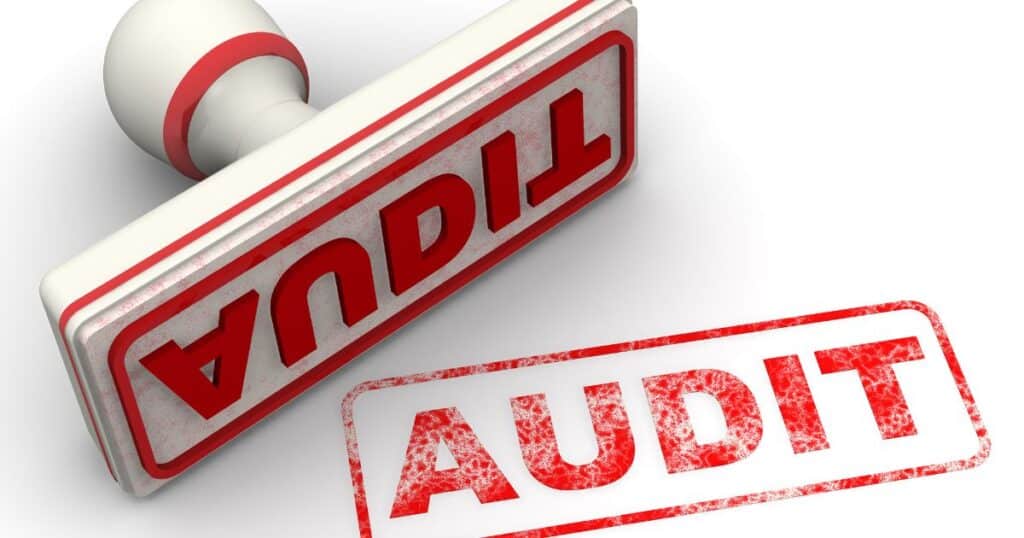It’s no secret that California’s cannabis industry has had its fair share of challenges since legalization. However, recent findings from a state audit shed light on significant issues within the $100 million Local Jurisdiction Assistance Grant Program. This program aimed to streamline the transition of cannabis businesses from provisional to annual licenses, but according to the audit, it has fallen short in numerous areas.

California Cannabis Grant Program
In 2016, California voters approved the legalization of nonmedical personal use of cannabis for adults 21 years and older. To help cannabis businesses transition into the newly regulated market, the state initially issued provisional licenses. However, these provisional licenses are set to expire by January 2026, necessitating the shift to annual state licenses.
To support this transition, the 2021 Budget Act allocated $100 million for the Local Jurisdiction Assistance Grant Program. Administered by the Department of Cannabis Control (DCC), the program aimed to assist 17 selected local jurisdictions in helping provisional license holders secure annual state licenses.
The primary goal of the Grant Program was to expedite the licensing process, ensuring that cannabis businesses could operate legally under state law. However, as the audit reveals, the program’s execution has been fraught with issues that have hindered its effectiveness.
Findings from the State Audit
The audit found that the DCC’s management of the Grant Program did not adhere to best practices in grant administration. Notably, the DCC failed to ensure that grantees provided measurable benchmarks for each goal in their grant agreements.
Consequently, the DCC could not track the progress of grantees, and in some cases, grant agreements lacked goals altogether. Additionally, the DCC did not establish sufficient monitoring of grantees’ expenditures or request documentation for those expenditures, leading to unallowable and underreported costs.
The audit also highlighted that the DCC did not establish benchmarks for the Grant Program itself, making it challenging to measure its success. Furthermore, the DCC did not initially create a spending plan for its administrative funds.
This oversight resulted in the DCC spending only $350,000 of the $5 million allocated for program administration. The lack of qualified staff further compounded these issues, leading to delays in responding to grantees’ amendment requests.
Mismanagement of Grant Funds by Grantees
The audit revealed that some of the 17 grantees failed to manage their grant funds properly. Specifically, they did not adequately track their expenditures or document whether staff time charged to the Grant Program was spent on relevant tasks.
This lack of tracking hindered the DCC’s ability to monitor spending effectively. Additionally, the audit identified $26,000 in costs that two grantees could not substantiate, raising concerns about the appropriateness of their expenditures.
By the end of the Grant Program’s first year, over 4,600 provisional license holders in the 17 grantees’ jurisdictions still needed to obtain annual state licenses. The average rate at which provisional license holders were securing annual licenses did not improve compared to the previous year.
Several factors contributed to this slow progress, including limited spending of grant funds and delays in changing application processes. Furthermore, the DCC did not track key steps in its licensing process, preventing the identification of solutions to mitigate delays.
The audit raises significant concerns about whether the Grant Program can achieve its intended goals. With the current pace of licensing during the audit, more than half of the provisional license holders in grantees’ jurisdictions may still lack annual state licenses by 2026.
The audit recommendation to the DCC was “To better monitor the timeliness of its license application process, by February 2025, DCC should identify the steps in the license application process, alter its license tracking systems as necessary to track relevant data related to that process, and begin analyzing the data to determine how to shorten the average time it takes to issue a license.”
DCC Responses and Recent Progress of California Cannabis Grant Program
In response to the audit, the DCC acknowledged the findings and stated that it has already begun addressing many of the concerns raised.
In response to the audit, a spokesperson with DCC said via KCRA, “We appreciate the dedication of the California State Auditor’s (CSA) team in examining and evaluating the Department of Cannabis Control’s (DCC) performance in managing and overseeing the Local Jurisdiction Assistance Grant (LJAG) Program.
“Prior to the audit report’s publication, many of the issues highlighted in the report had been addressed, including hiring dedicated grant management staff, consolidating licensing systems, and adopting CSA-recommended best practices for administering similar grant programs. DCC looks forward to continuing its work to implement recommendations and build upon existing improvements.”
As reported by Green Market Report, the DCC has achieved notable advancements since the conclusion of the audit period. As of September 3, the DCC’s licensing database indicated that California had reduced its number of provisional cannabis business licenses to 2,594 statewide, including all jurisdictions beyond the 17 that received grants. Additionally, there are currently 6,201 full annual licenses, bringing the total number of active business permits to 8,800.
Moving forward, it is crucial for the DCC to continue its efforts to improve oversight and accountability within the Grant Program. This includes establishing clear benchmarks, tracking expenditures accurately, and ensuring that grantees adhere to best practices in grant management. By doing so, the DCC can enhance the program’s effectiveness and help cannabis businesses successfully transition to annual state licenses.






















